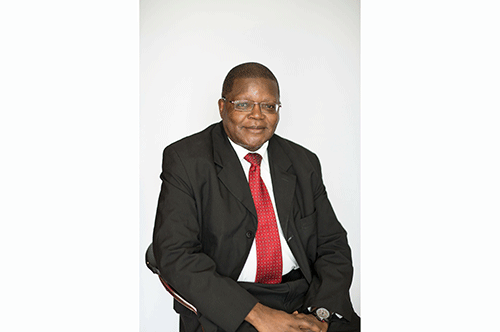One of the recommendations of the recently held national education conference was that student teachers must have more teaching practice time in schools before they graduate. It was noted that the current periods student teachers spend with learners and mentors in schools before graduation fall far short of the required time.
Evidence was provided by presenters on this topic that showed that in some serious cases, student teachers spent only three to four weeks on teaching practice resulting in what has been described as producing ‘half-baked cakes’ of educators.
The poor results at Grades 10, Grade 11, Grade 12 or Advanced Subsidiary (AS) level nationwide have been attributed partly to the quality of teachers produced by our tertiary institutions. It is also argued that ill-prepared primary school teachers do not give a solid foundation to learners at this level. Of course, there is a myriad of factors that contribute to the poor performance of learners at both primary and secondary school levels.
Some of these factors include a lack of financial resources, poor infrastructure, and shortages of books and other teaching and learning materials.
The subject of the training of teachers is crucial throughout the world. In his study on the ‘Impact of teacher’s training on interest and academic achievements of students by multiple teaching methods’, Muhammad Hafeez (2021, p.1) observed that: “Training is a process to get the required skills for a particular subject. The training is a valuable practice for the teachers to enhance their teaching skills. A trained teacher has more skills and techniques to be applied for the better academic achievements of learners.
“A teacher having better teaching skills can also produce students’ interest in a particular subject. The teacher’s training provides the solutions to educational problems. In this modern age, the teacher’s training is an important requirement and essential component for all the educational activities including the conducive learning environment, curriculum development and implementation and assessment.”
As far as the teaching practice for student teachers is concerned, debates have been done around what exactly can be termed as adequate time students should be in teaching practice. Equally, what exactly are they supposed to do in schools during this time which will make them master the art of teaching, and become competent in their classes when they graduate after four years of training?
One school of thought that I subscribe to is that student teachers should spend two of their four years of training doing teaching practice in schools. Proponents of this school of thought suggest that student teachers must spend the first year and third years learning the theory part of education and go on teaching practice in the second year and fourth years. Evidence from countries where student teachers spend two years of their four-year training shows that the quality of teachers produced by this system is high.
This proves that the longer the time student teachers spend on their teaching practice, the more teaching skills and experience they acquire which they will use to improve the achievements of their learners.
In other words, the two years of contact with learners in the classroom have been found to improve the productivity of student teachers. During the two years that student teachers spend on teaching practice in schools, they will be taking part in all activities, pedagogical and co-curricular activities.
As evidenced by the literature and practices elsewhere, there must be a paradigm shift in the training of our teachers to revamp our education system. It is envisaged that by increasing the time student teachers take on teaching practice, the system will produce teachers of high quality for both public and private schools in the country.
It must be noted, however, that the pedagogical adjustment in the training of teachers will affect stakeholders differently. Schools will have to create space for the student teachers for the two years that they will be in the field of teaching practice. Principals and mentors will have to work out their timetables to accommodate student teachers for two years.
Training institutions will have to devise more mechanisms for assessing the student teachers out in the field for two years. The institutions are likely to allow student teachers to enrol for some modules on the distance-learning mode during the years they will be in teaching practice. In the final analysis, government will have to provide more funds to make this teacher training mode produce the desired outcome.
There is no doubt that student teachers will benefit from the innovative pedagogy those foregrounds the importance of teaching practice. The envisaged two years of apprenticeship in teaching practice will go a long way in the training of competent and productive teachers for the nation.
– kjairos@gmail.com



